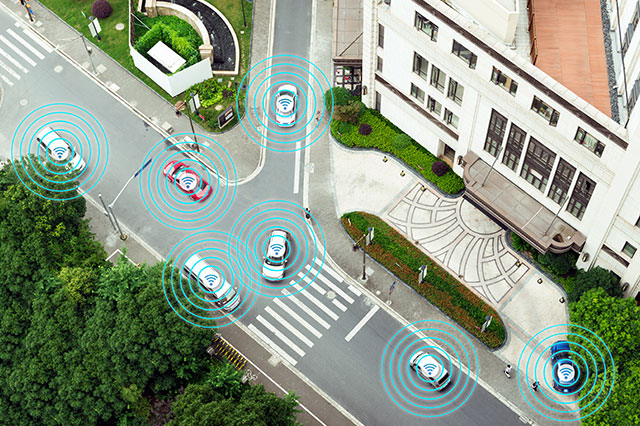
Who Should Be Held Liable When A Self-Driving Car Crashes?
Self-driving cars, also known as autonomous vehicles, raise many complex questions for tort law.

Self-driving cars, also known as autonomous vehicles, raise many complex questions for tort law.

Machine learning is powerful, but not omnipotent.

Those who’ve adopted legal-specific systems are seeing big benefits.

By focusing on innate characteristics, professionals can improve themselves not only as job candidates, but as people too.

A collision is unavoidable; which obstacle should the car hit?

Is your legal department actually ready to adopt whatever innovation you are planning?
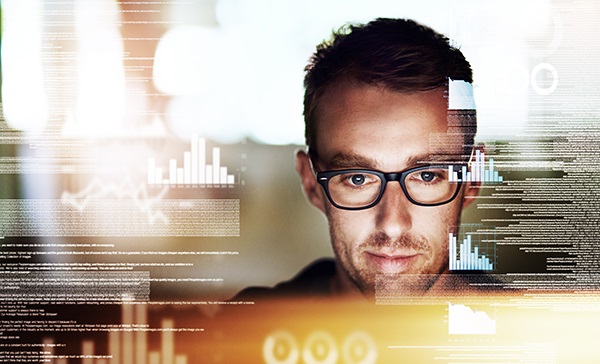
Artificial intelligence is transforming the legal profession — and that includes legal ethics.
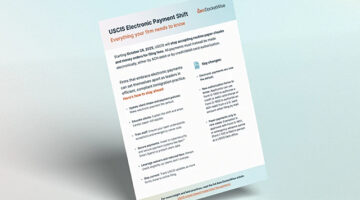
As of October 2025, U.S. Citizenship and Immigration Services requires electronic payments for filing fees. Learn key updates, exemptions, and how firms can prepare.

A new survey shows lawyers doubting their ability to manage change.
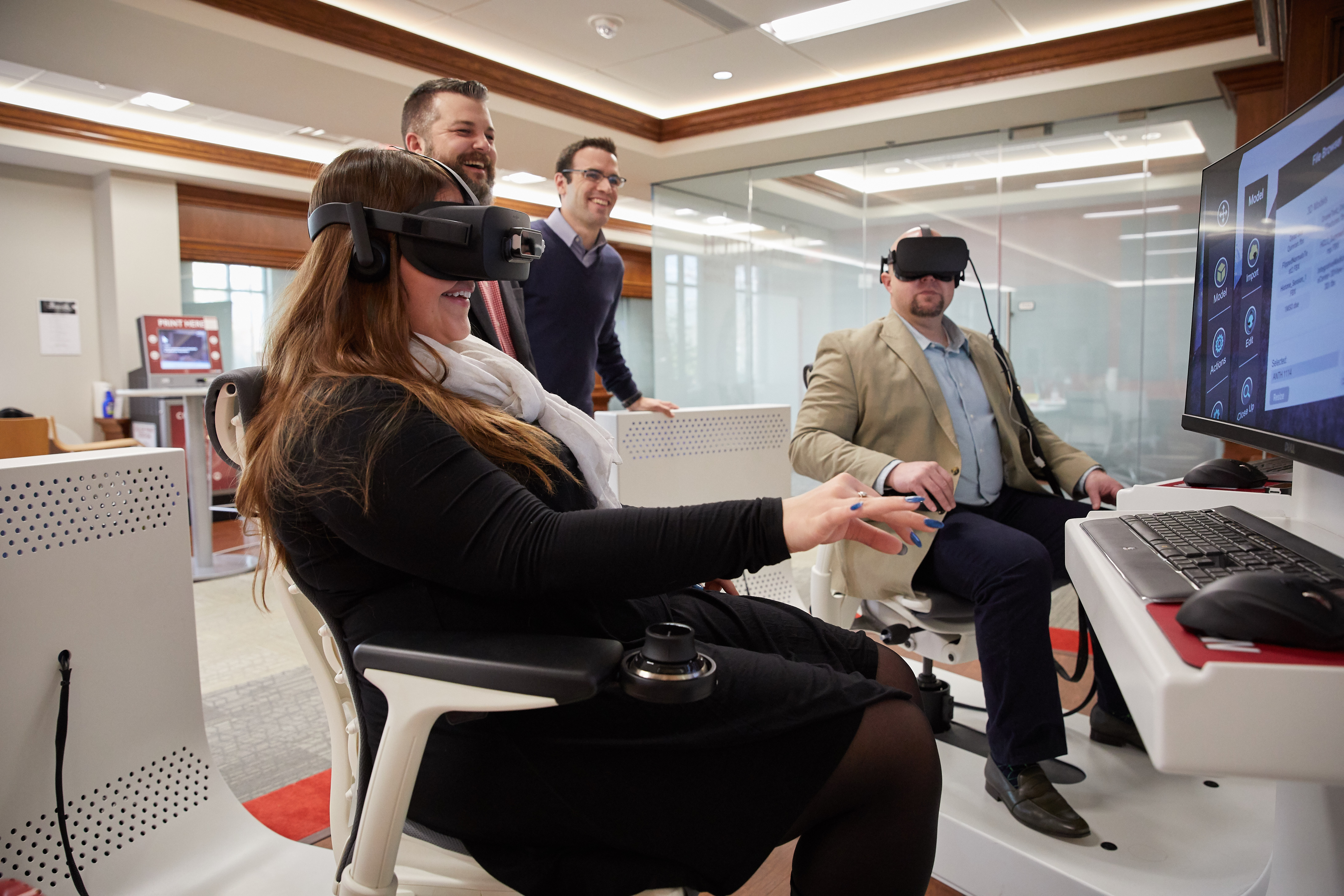
Is your law school on this list?

Test your knowledge by taking our quiz.
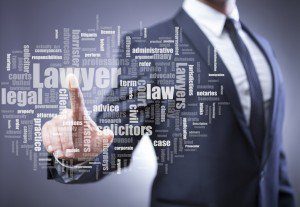
Five examples of how a small firm has actually implemented technology.

Discover how LexisNexis Protégé™ transforms legal drafting into a strategic collaboration between lawyers and AI—enhancing quality, speed, and defensibility.
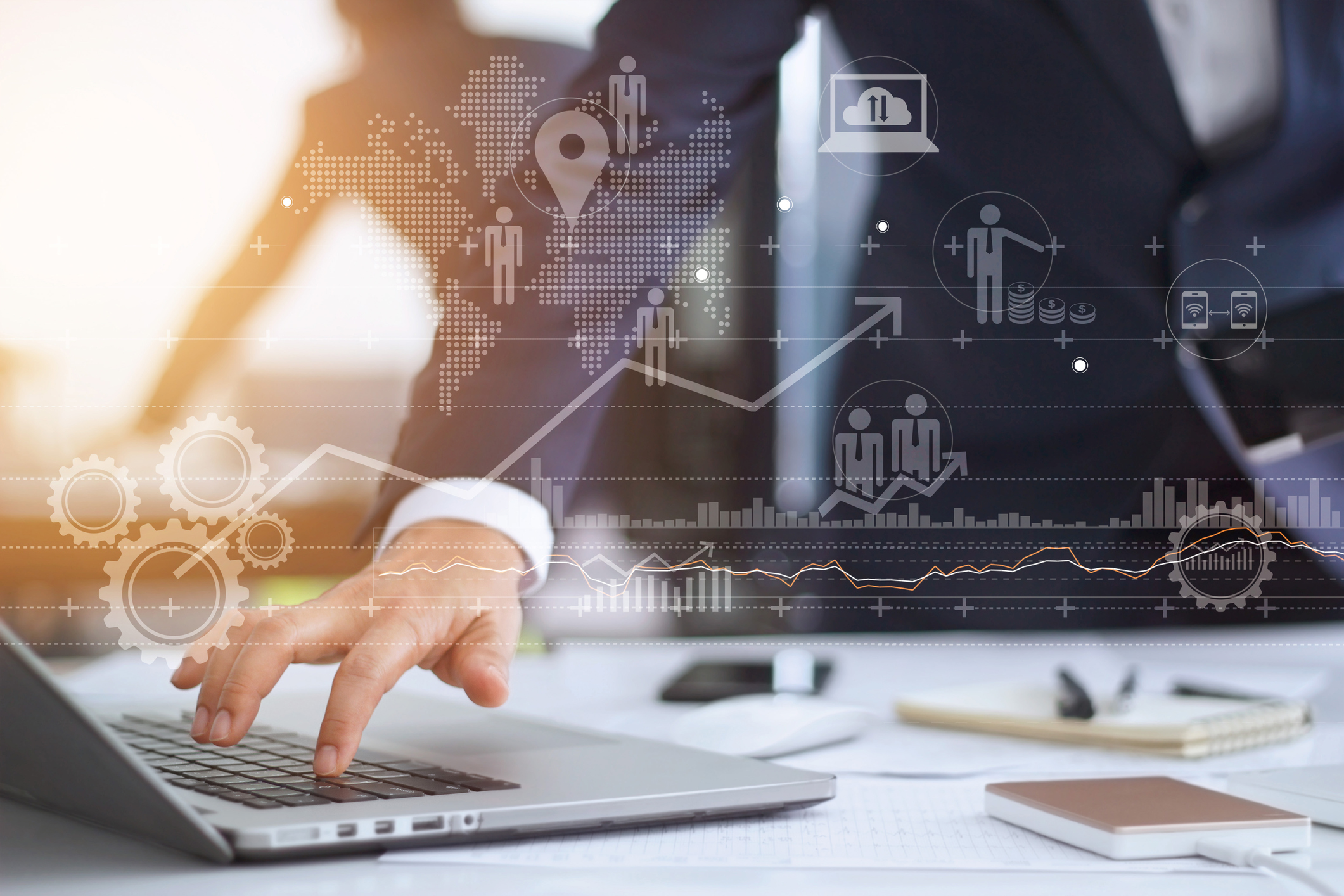
Law schools enjoy huge opportunities to create graduates who efficiently and confidently rely on technology to better serve their clients.

Check out our multipart, multimedia series about AI, presented by Thomson Reuters.

What's your law school doing to promote innovation?

Can AI and other emerging technologies be leveraged to prepare students for an evolving job market?

What do AI, machine learning, and other cutting-edge technologies mean for lawyers and the legal world?